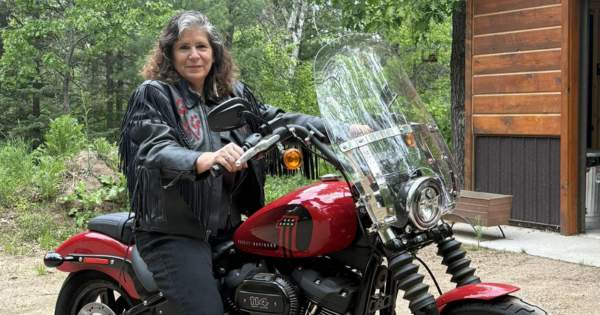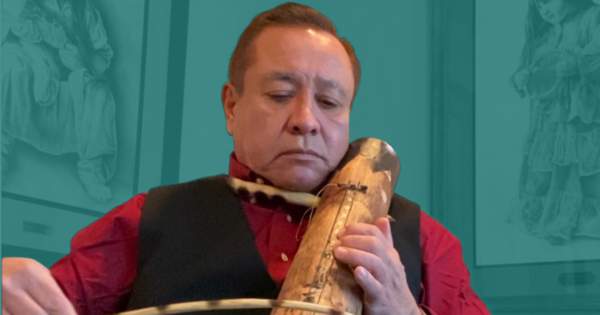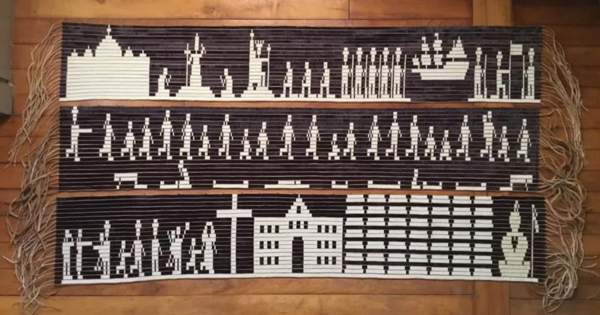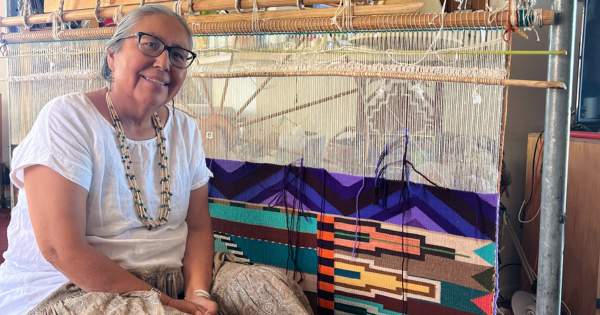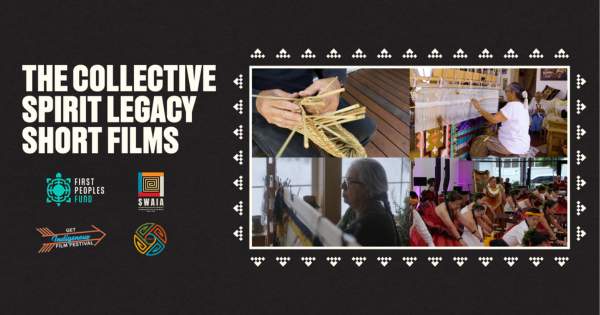
First Peoples Fund Board Members Q&A Series — Carlton Turner
By Sarah Elisabeth Sawyer (Choctaw Nation), Artist in Business Leadership Fellow 2015
Through this series, we highlight the extraordinary people who serve as First Peoples Fund’s board of directors. They are the culture bearers and leaders from national nonprofits within and beyond Indian Country who graciously guide First Peoples Fund and strengthen the Collective Spirit®.
MEET CARLTON TURNER
Carlton Turner works across the country as a performing artist, arts advocate, policy shaper, lecturer, consultant, and facilitator. He is the Executive Director of Alternate ROOTS, a regional arts organization based in the South supporting artists working at the intersection of arts and social justice.
Carlton is co-founder and co-artistic director, along with his brother Maurice Turner, of the group M.U.G.A.B.E.E. (Men Under Guidance Acting Before Early Extinction). M.U.G.A.B.E.E. is a Mississippi-based performing arts group blending jazz, hip-hop, spoken word poetry and soul music together with non-traditional storytelling.
Carlton currently serves on the boards of First Peoples Fund, Imagining America, and Project South for the Elimination of Poverty and Genocide. He is the founder of the Mississippi Center for Cultural Production, an arts and agriculture venture to support rural community, cultural, and economic development in his hometown of Utica, Mississippi where he lives with his wife Brandi and three children.
Q&A
Carlton, we appreciate your taking time for this Q&A. Who taught you the values you hold closest? What role did that person play in your life and what lessons did you learn from them?
My mother and father were instrumental in the lives of myself and my siblings. We were grounded in knowing who our family was, and connected to the history of our community. That gave us a sense of place that made everything else flow. It allowed us to be solid in our identity no matter where we went or what we encountered.
That sense of place is the thing I think is most important in the raising of my own family: keeping them in a community that values them as individuals.
What professional accomplishment do you believe says the most about who you are and what’s important to you?
Development and collaboration with my peers, mentors, and friends in the Intercultural Leadership Institute (ILI). Working with people on things I know are important — intercultural relationships and strategies, and to acknowledge our shared connection in this world and the power we have as a collective body. The leaders of First Peoples Fund, the National Association of Latino Arts & Culture and the PA’I Foundation have become my family, my mentors, my aunties.
ILI is a great summary of some of the most important work I’ve ever done.
How long have you served on the First Peoples Fund board and why did you get involved?
This is my second year on the First Peoples Fund board. I got involved with FPF through our common relationships with the Ford Foundation. The way Lori Pourier spoke about her people, her community, their struggle, their triumphs and their dreams for a better life resonated with me in the way I think about my own community. It was a great opportunity to work together because we already had so much in common. That was 13 years ago.
I’ve been to Pine Ridge multiple times and Lori’s been to Mississippi. We’ve worked together in at least 20 states. Joining the board was a logical step to help support her leadership at First Peoples Fund.
What are the most significant challenges Native nonprofits face? How does FPF overcome those challenges?
I think the primary challenge is that their work is too often viewed as secondary. The way First Peoples Fund negates that is they look first for validation within their communities before seeking validation from communities outside.
Culture bearers are being nominated from within the communities for the Community Spirit Award. The community is telling you who’s important to their cultural existence and to the continuation of their practices. That’s an important process FPF upholds that shifts the way they are able to validate the work of their people.
What do you wish others knew about First Peoples Fund?
As a leader of an organization, I know it’s not about the individual because it takes a whole team to sustain the work. But I can absolutely say that being around Lori for the past decade-plus — seeing her work, seeing the depth and breadth of her relationships, her knowledge — that Lori is a genius. I don’t know that she’s recognized for her brilliant leadership as much as she should be. People should know that this woman has transformed the organization and carved out a space for Native artists to be recognized at the highest level of excellence.
How do you see First Peoples Fund changing lives and communities?
They’re not working in philosophical ways; they’re working in tangible ways. They take this idea of how important the spirit of their community is to their work, and that’s how they develop the programs.
The Rolling Rez Arts Unit is taking the work and space to people’s homes, bringing it to your community center. It has financial institutions embedded in it, and it has connectivity there through their training modules around economic development. This is about transforming the material conditions of their community.
That work is not lofty; it’s tangible. You can see the difference in the people they’ve worked with and their ability to make a living from their art, to be able to sustain their work and to be recognized as both business people and culture bearers, and for those things not to exist in a contradiction.
Do you consider yourself an artist? What is your art form?
I’m primarily a writer, but I’m also a musician and a theater artist. I’ve done all of those things professionally. Those are the places where I spend the bulk of my artistic time.
I’m working on a new piece with Pangea World Theater in Minneapolis that will premiere in the fall of 2018. I’m in the process of writing that piece with another artist.
What else would you like to share that we haven’t asked about?
First Peoples Fund is a people’s organization. It is for the people, and it is for the community. I’m moved by the balance the board achieves in doing the business of the organization. The business is important, but those elements of spirit, tradition, ceremony, ritual, and story are all a part of our board meetings. You’re not going just to do finances and minutes. You’re going to understand who the people are in the room, understand the land you’re on, be introduced to the local artists, engage in story and ceremony.
Lori planned a sweat lodge for the partners of ILI before we entered the Intercultural Leadership Institute — Lakota Territory in September. That’s the kind of person she is, that’s the kind of work First Peoples Fund does, and that’s what sets them apart from traditional arts organizations.

